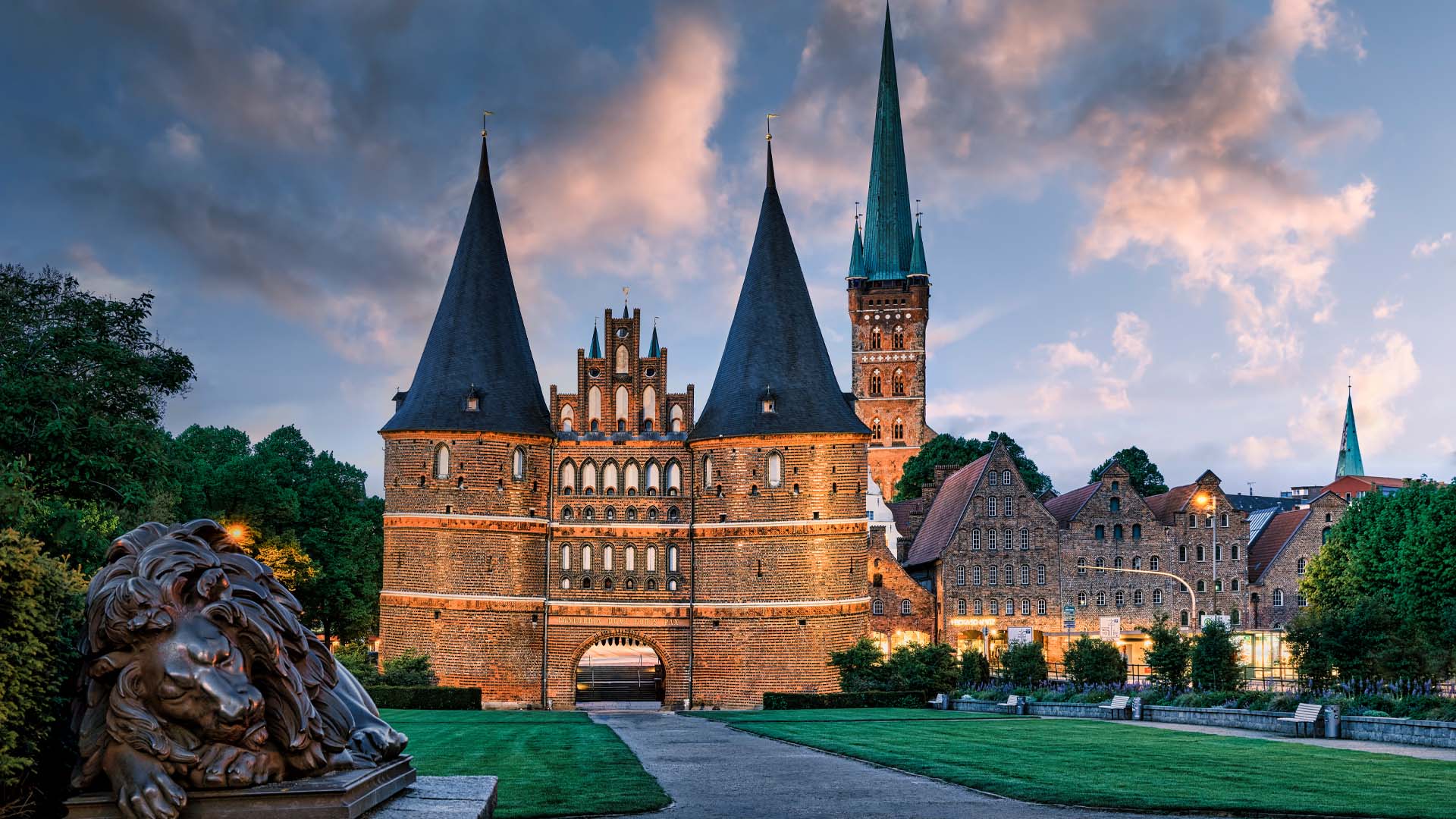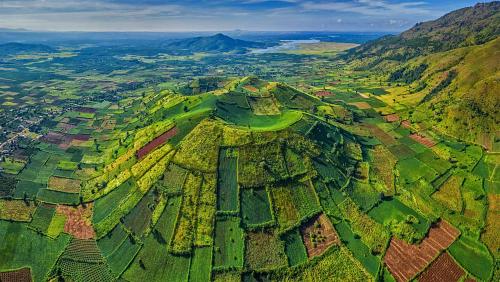Mauritius, a beautiful island in the Indian Ocean, is known for its pristine beaches, lush forests, and diverse marine life. However, the island is currently facing a controversial issue that has the potential to impact its environment – the construction of an incinerator.
The proposed incinerator, which is set to be built in the town of Riche-en-Eau, has been met with opposition from environmentalists and local residents who are concerned about its potential impact on the island’s delicate ecosystem. Proponents of the incinerator argue that it will help address the island’s waste management problem, but opponents fear that it will lead to air and water pollution, as well as harm the island’s flora and fauna.
One of the major concerns about the incinerator is the potential for air pollution. Incinerators release a variety of pollutants, including dioxins, heavy metals, and particulate matter, which can have detrimental effects on human health and the environment. In addition, the incineration process produces greenhouse gas emissions, contributing to global warming and climate change.
Another worry is the impact of the incinerator on the island’s water quality. Incinerators produce ash and other by-products that can leach harmful chemicals into the soil and water, posing a threat to the island’s water supply and marine life.
Furthermore, the incinerator’s potential impact on the island’s biodiversity is also a cause for concern. Mauritius is home to several endangered species, including the Mauritius kestrel and the pink pigeon, and the incinerator could threaten their habitats and contribute to the loss of biodiversity on the island.
In light of these concerns, many environmentalists and local residents are calling for a thorough environmental impact assessment of the incinerator project. They argue that a comprehensive study is necessary to fully understand the potential consequences of the incinerator on the island’s environment and to explore alternative waste management solutions.
On the other hand, supporters of the incinerator point out that it could help alleviate the island’s waste management crisis. Currently, Mauritius produces around 1,800 tons of waste per day, and the island’s landfills are reaching capacity. The incinerator is seen as a way to reduce the amount of waste going to landfills and to generate energy from the incineration process.
As the debate over the incinerator continues, it is clear that a careful and thorough assessment of its potential impact on Mauritius’ environment is necessary. The government and project developers must address the concerns of environmentalists and local residents and take steps to mitigate any negative effects on the island’s delicate ecosystem.
In the end, it is important to remember that preserving Mauritius’ natural beauty and protecting its unique environment should be a top priority. Finding a balance between waste management and environmental conservation is crucial to ensuring a sustainable future for the island and its inhabitants.






